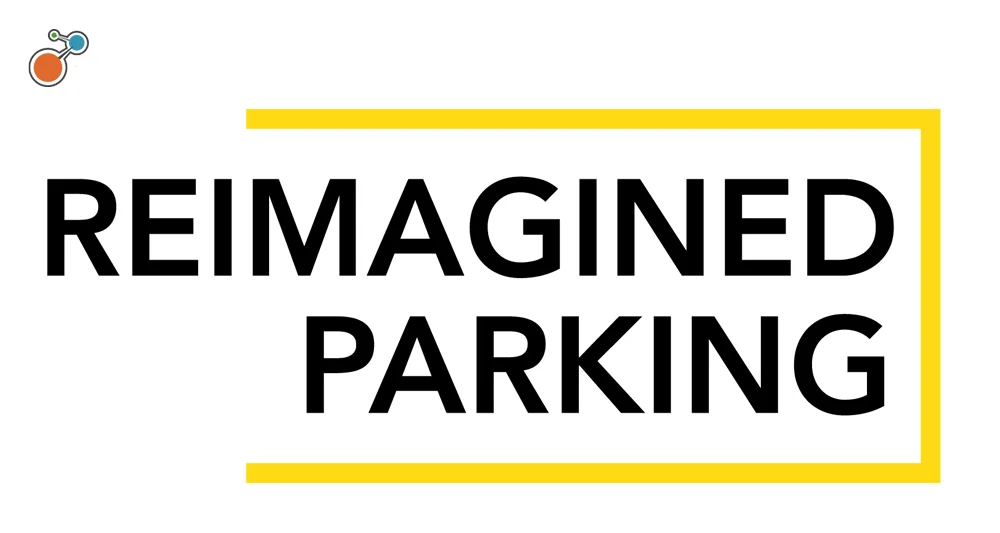When Israel was attacked in early October, Purdue University tapped into Riskonnect to see exactly how many Boilermakers were in the area, check on their safety, and offer travel assistance.
Purdue University has one of the largest study-abroad programs in the country. The Big 10 university registers about 10,000 students and faculty members each year traveling from its Indiana campuses to every corner of the globe. Keeping tabs on all of those comings and goings is not easy.
The university has long used SharePoint to monitor the whereabouts of its study-abroad students and traveling faculty members. Students submitted travel plans and important information in a paper form that had to be manually transferred into SharePoint. Staff members had to track down any missing or incomplete information on the form. An email with vital resources – like where to go if something goes wrong – was sent out right away, sometimes months in advance of the trip. By the time the trip was underway, many of these emails were lost or deleted, potentially stranding students in risky situations.
“We had all sorts of trouble with SharePoint,” explains Dann Van Hoosier, manager of loss control and financial analysis, office of risk management at Purdue. “The study-abroad program was getting so big that it was difficult to manage access.”
Meantime, the risk team at Purdue had been using Riskonnect’s ClearSight platform for nearly two decades, primarily to process claims. Attending Konnect, Riskonnect’s customer conference, and hearing about the creative ways others were using the platform got the risk management team thinking. “When we heard about all the other uses, we knew we could do more. And being a university,” he adds, “we always want to get the biggest bang for our buck.”
About 24 months ago, the Purdue risk management team approached Riskonnect with the idea of using the software to track the university’s students and staff traveling internationally. The Riskonnect team quickly jumped in to make that vision a reality.
Bright Idea
The team adapted the platform’s incident management app to collect traveler information and manage communication. Faculty and staff enter trip details into the university’s travel platform, which is seamlessly uploaded daily into Riskonnect. Students submit their information – name, destination, travel dates, insurance coverage, and so forth – into the intake portal. Required fields are marked as such, and the form cannot be submitted until the information is entered.
An automated confirmation email is immediately generated. About two weeks before departure, a second automated email is sent to the traveler, containing travel ID cards, field guides, State Department resources, and so forth. If the student submits the travel form close to the time of departure, the
confirmation and resources are sent out together. “The system is smart enough to understand timing,” points out Van Hoosier.
The Test
The automation put in place with Riskonnect virtually eliminated the need to manually chase down missing information from students. And clever programming logic solved the timing problem of the resource email getting lost or deleted. But the system was tested in another way on October 7 when Israel was attacked.
“We were able to do a search to quickly identify about 20 people who were in Israel,” says Van Hoosier. Purdue immediately reached out to those individuals to find out if they were in danger, if they were in a safe location, or if they needed help from its travel coordinator to exit the area. Thankfully, everyone was safe and had left or were in the process of leaving the area.
The system also identified several students and faculty members who had imminent plans to travel to Israel. Purdue contacted this group with the State Department’s travel warning and instructions for canceling pending trips. Anyone opting to continue with the original plan was required to get special approval, which is also tracked in Riskonnect.
Van Hoosier also says that the success they’ve had using Riskonnect for tracking international travelers has inspired more creative thinking. Purdue is now using Riskonnect for students and professors to request coverage and ID cards for accident insurance and liability insurance for field trips. And the university has eliminated paper forms in the student health center with Riskonnect.
Getting to students and staff faster with important information and assistance no matter where they are in the world provides a measure of security and confidence to Purdue travelers and their families that simply was not possible before. Since the Israel situation, Purdue has used Riskonnect to identify students and faculty located in areas of France that were experiencing unrest. Van Hoosier says: “This is just so easy to do with Riskonnect.”
For more on RMIS, check out Riskonnect’s Risk Management Information System.



